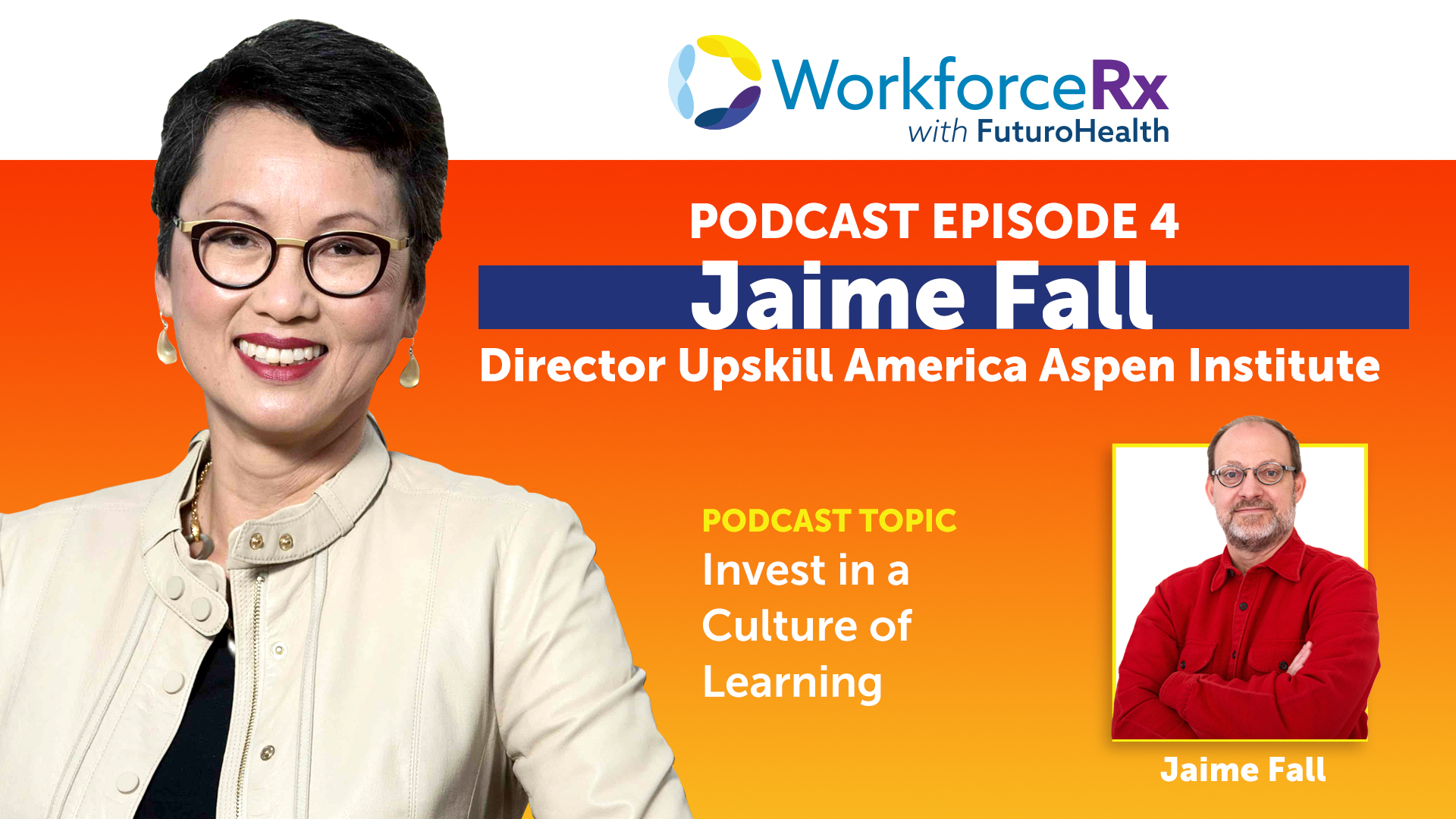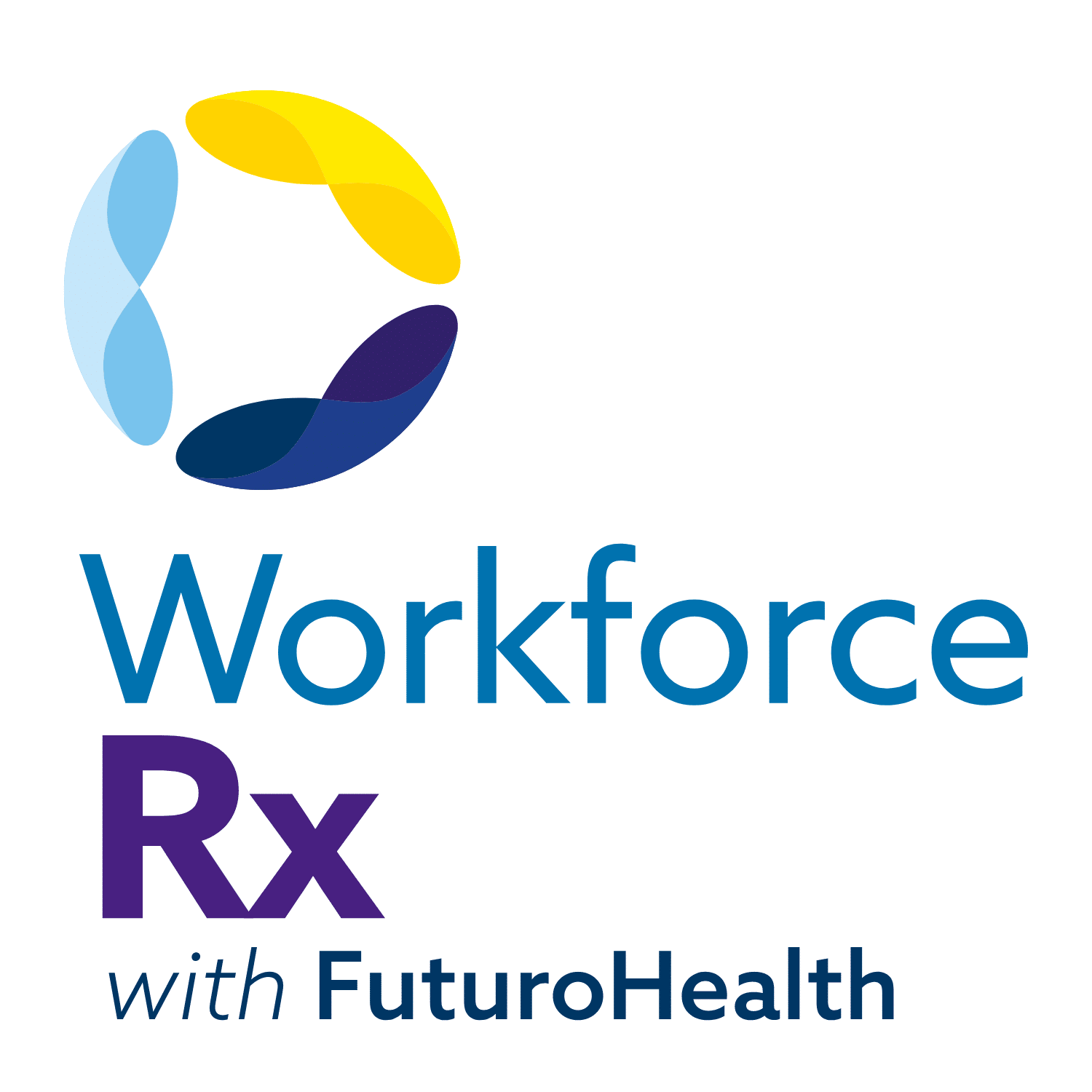As signs of economic recovery in the U.S. continue to build, some experts are predicting a “jobless recovery,” while others are more optimistic about job growth. Will hard hit sectors bounce back? What changes do we need in job training and education to spur a post-pandemic economy? For answers to these and related questions, Futuro Health CEO Van Ton-Quinlivan turns to Stuart Andreason on this episode of WorkforceRx. As director of the Center for Workforce and Economic Opportunity at the Federal Reserve Bank of Atlanta, Andreason tracks changes in the economy to determine what skills workers and businesses need to be successful. This research also informs policies and programs to help people succeed in the labor market, especially low-and moderate-income workers. “What we strive to be is a bridge between the research and the real world. We want to learn from what people are doing in workforce development and bring promising practices back to the research that we’re doing to hopefully learn from and maybe find ways to commit some support to those practices.” He and his Fed colleagues around the country have also developed tools to help people research job opportunities that do not require a degree and discover options for career mobility based on their skills.

If you want to know how employers are changing their thinking about educating workers in the wake of COVID, Jaime Fall is in a...

As a new school year gets underway at colleges and universities around the country, it's a good time to take stock of where higher...

Worsening staff shortages in healthcare are prompting some big shifts in how hospitals are approaching the issue, and New Mexico is a good case...